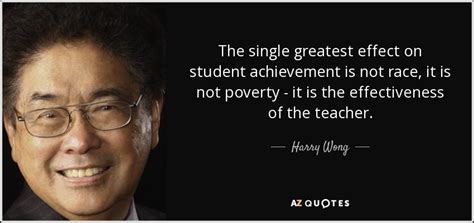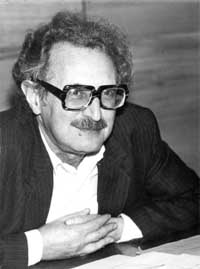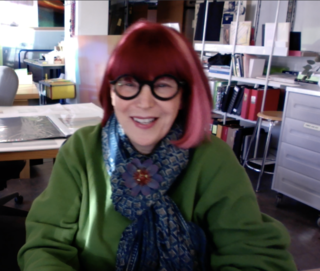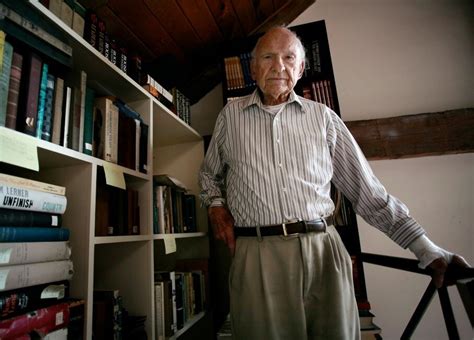A Quote by Janet Reno
Peer mediation is a chance for students to work with other students to help them resolve problems, arguments, disagreements without having to get the teacher or the administration involved.
Related Quotes
Mathematics is about problems, and problems must be made the focus of a student's mathematical life. Painful and creatively frustrating as it may be, students and their teachers should at all times be engaged in the process - having ideas, not having ideas, discovering patterns, making conjectures, constructing examples and counterexamples, devising arguments, and critiquing each other's work.
Fears to look bad in front of other people, to say something wrong, to be laughed at - all those fears deprive us of half of our abilities. This is one of the main school problems. That teacher understands it, who can teach students to study without fear of the teacher, without fear of classmates, and, the most important, without fear of a subject.
I encourage film students who are interested in cinematography to study sculpture, paintings, music, writing and other arts. Filmmaking consists of all the arts combined. Students are always asking me for advice, and I tell them that they have to be enthusiastic, because it's hard work. The only way to enjoy it is to be totally immersed. If you don't get involved on that level, it could be a very miserable job. I only have one regret about my career: I'm sorry that we are not making silent movies any more. That is the purest art form I can imagine.
I try to be realistic with students. And say that there's a good chance that they're not going to get a creative writing teaching job, that there aren't enough jobs to go around and the university faculties are cutting back on staff and that they may have to get some other kind of work. None of them wants to hear that, but it is true and I think I'm a good example for them of somebody who took the other route.
When I was teaching at an institution that bent over backward for foreign students, I was asked in class one day: "What is your policy toward foreign students?" My reply was: "To me, all students are the same. I treat them all the same and hold them all to the same standards." The next semester there was an organized boycott of my classes by foreign students. When people get used to preferential treatment, equal treatment seems like discrimination.
"Teachers"... treat students neither coercively nor instrumentally but as joint seekers of truth and of mutual actualization. They help students define moral values not by imposing their own moralities on them but by positing situations that pose hard moral choices and then encouraging conflict and debate. They seek to help students rise to higher stages of moral reasoning and hence to higher levels of principled judgment.




































